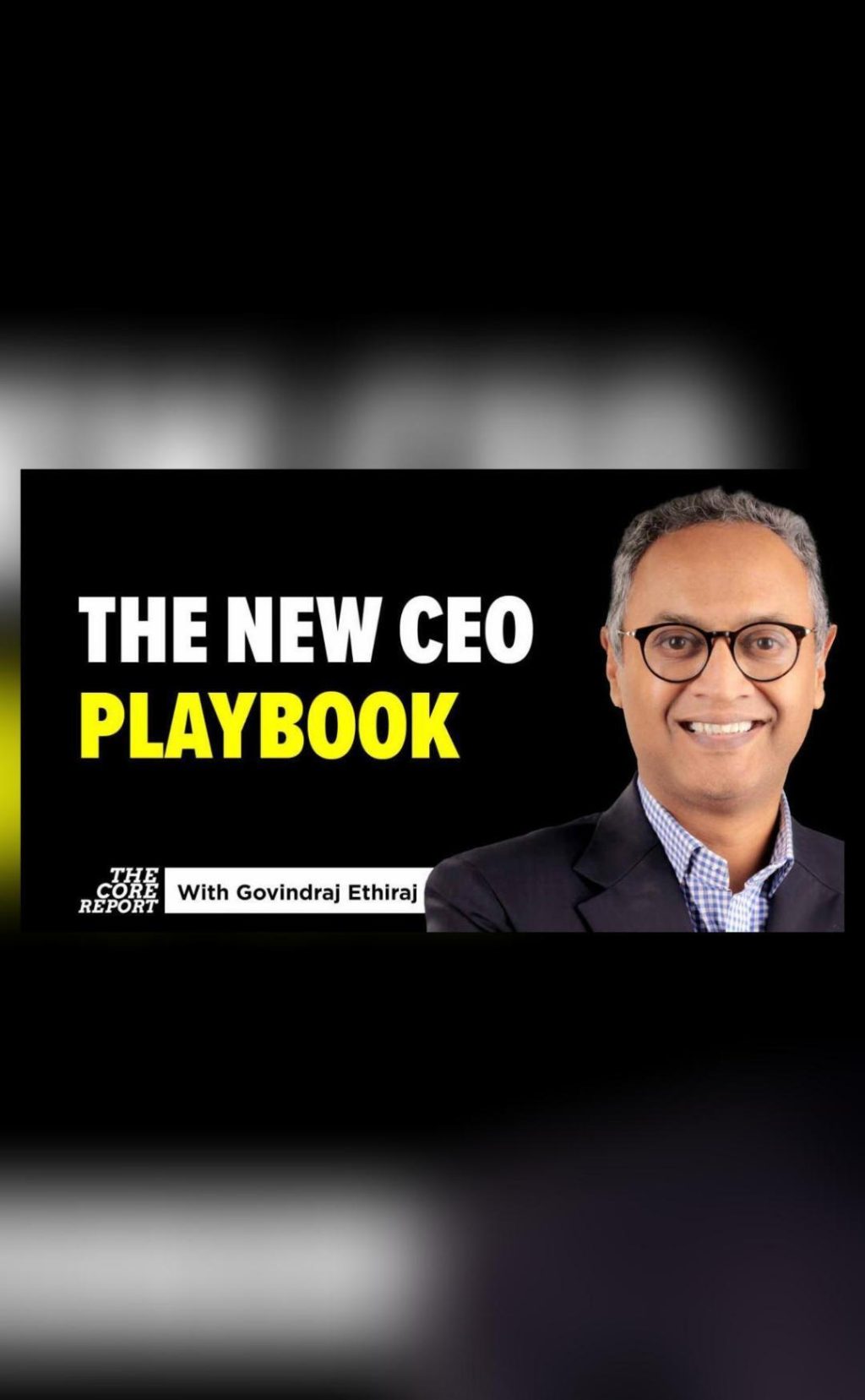
The New CEO Playbook: AI Pressures & Global Tariff Shocks
The business world is undergoing a seismic shift. Artificial intelligence (AI) is transforming industries, and global tariff shocks are disrupting trade. As CEOs, leaders are facing unprecedented challenges that require them to rethink their strategy and operations. With no guarantee of stability, companies are being pushed to localize, adapt, and reconsider long-held business models.
In this new era of uncertainty, CEOs must navigate internal pressures to automate and innovate, while also responding to external forces like shifting trade policies. It’s a daunting task, but one that can be mastered with the right playbook.
Internal Pressures: Automate and Innovate
The first challenge CEOs face is the need to automate and innovate within their own organizations. AI is revolutionizing industries, and companies that fail to adapt will be left behind. This means investing in new technologies, retraining employees, and rethinking business processes.
According to a recent survey by PwC, 77% of CEOs believe that AI will have a significant impact on their industry, and 65% are already investing in AI projects. However, only 22% of CEOs believe they have the skills and resources needed to fully leverage AI.
To succeed, CEOs must prioritize digital transformation, investing in AI, data analytics, and other emerging technologies. They must also retrain their workforce, upskilling employees to work alongside machines. This will not only improve efficiency but also enable companies to stay competitive in a rapidly changing market.
External Pressures: Global Tariff Shocks
The second challenge CEOs face is the impact of global tariff shocks on trade. The ongoing trade war between the US and China, as well as the UK’s departure from the EU, have created uncertainty and volatility in global markets.
Tariffs have increased costs for companies, making it harder to remain competitive. According to a report by the World Bank, tariffs have increased by 10% since 2017, with the average tariff rate rising from 3.8% to 4.5%. This has led to a decline in global trade, with the World Trade Organization predicting a 2.1% decline in global trade in 2020.
To mitigate the impact of tariff shocks, CEOs must localize their supply chains and adapt to changing trade policies. This may involve diversifying their supplier base, investing in new technologies, and reconfiguring their manufacturing operations.
Rethinking Strategy and Operations
As CEOs navigate these internal and external pressures, they must rethink their strategy and operations. This requires a new playbook, one that prioritizes agility, adaptability, and innovation.
Here are some key takeaways for CEOs:
- Embrace Digital Transformation: Invest in AI, data analytics, and other emerging technologies to improve efficiency and stay competitive.
- Localize and Diversify: Reduce reliance on single suppliers and countries to minimize the impact of tariff shocks.
- Adapt to Changing Trade Policies: Stay informed about shifting trade policies and regulations, and be prepared to adjust your supply chain and operations accordingly.
- Innovate and Experiment: Encourage a culture of innovation and experimentation, and be willing to take calculated risks to stay ahead of the curve.
- Focus on Core Competencies: Identify your company’s core competencies and focus on those areas where you can differentiate yourself from competitors.
Conclusion
The new CEO playbook is all about adapting to a rapidly changing world. CEOs must navigate internal pressures to automate and innovate, while also responding to external forces like global tariff shocks. By embracing digital transformation, localizing and diversifying their supply chains, adapting to changing trade policies, innovating and experimenting, and focusing on core competencies, CEOs can stay ahead of the curve and drive long-term success.
Watch the full video for more insights and expert analysis:






